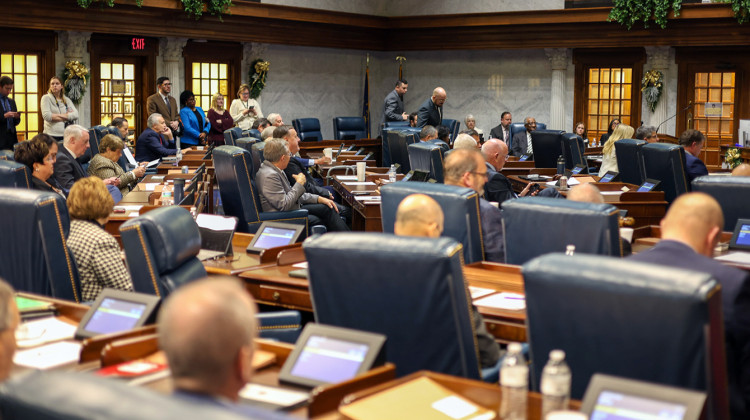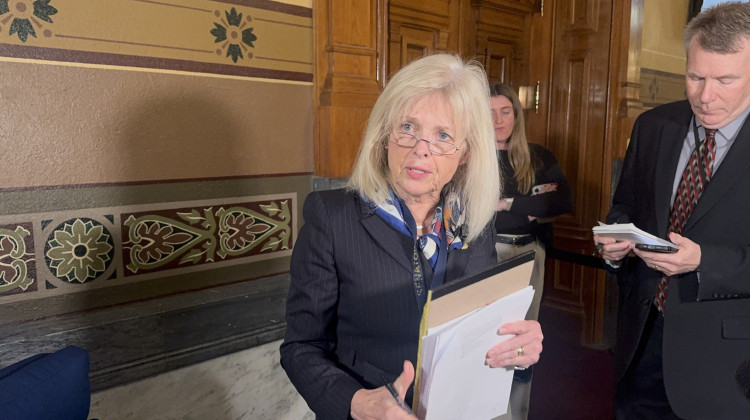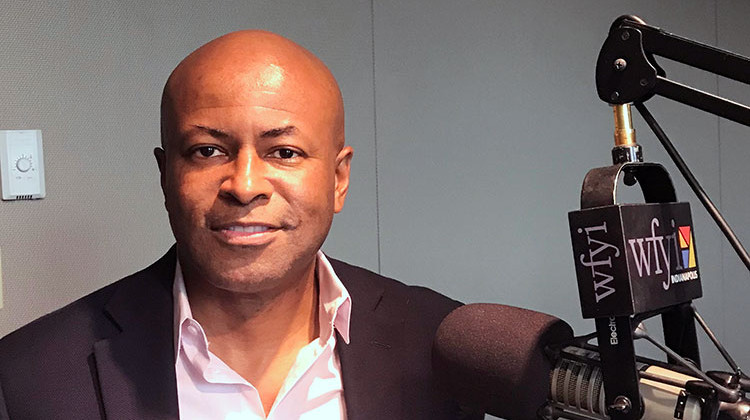INDIANAPOLIS – A federal appeals court has ruled that Indiana’s right-to-work law is constitutional.
A three-judge panel of the 7th Circuit Court of Appeals ruled in a split 2-1 decision that the Indiana legislature has the authority to decide whether workers must pay fees to unions they don’t join, even if the bargaining groups represent them.
“Congress specifically reserved to the states the power to write and enforce laws of this nature, in accordance with individual states’ needs and wisdom,” the majority wrote in its decision. “It is not our province to wrest this authority, which has been intact and undisturbed for over 65 years, from the states and erase the distinction between right-to-work states and non-right-to-work states.”
In upholding a ruling by a district judge, the appeals court said the state law does not violate federal labor law or a union’s First Amendment rights.
But the issue is far from settled. The Indiana Supreme Court is scheduled to take up two similar cases on Thursday, although they are based on the Indiana Constitution.
Two judges in Lake County ruled that state law can’t ban unions from receiving fees for their work because federal law requires them to provide services to non-union members. The judges said that violates Article 1, Section 21 of the Indiana Constitution, which reads, “No person’s particular services shall be demanded, without just compensation.”
“The challenges in both federal and state courts raise legal questions that are appropriately brought to the judiciary to ensure that the right to work law passes constitutional review,” Attorney General Greg Zoeller said in a statement Tuesday.
“Now that the federal courts have concluded the statute the people’s elected representatives in the legislature passed does not violate federal law, we will argue that the statute also complies with the Indiana Constitution and ought to be upheld,” he said.
The right to work law essentially frees workers from paying fees to unions they don’t join. The Republican-controlled legislature passed it in 2012 over the objections of Democrats and labor leaders – as well as thousands of union members who protested at the Statehouse – who said the law would lead to lower wages and unsafe workplaces. Supporters said it would make Indiana a more attractive place to do business.
Lesley Weidenbener is a reporter for TheStatehouseFile.com, a news website powered by Franklin College journalism students.
 DONATE
DONATE









 Support WFYI. We can't do it without you.
Support WFYI. We can't do it without you.